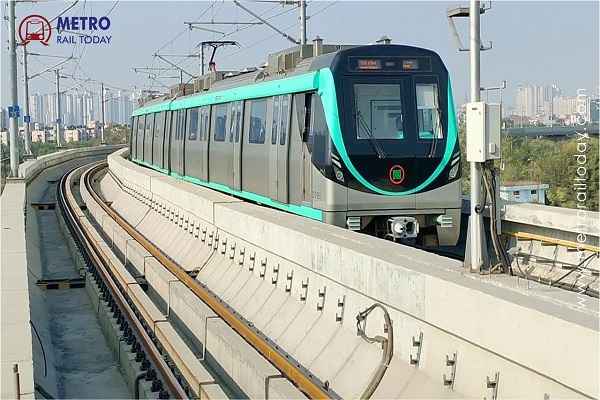 Ayesa India wins Design Consultancy Contract for Noida Metro Aqua Line Extension
Ayesa India wins Design Consultancy Contract for Noida Metro Aqua Line Extension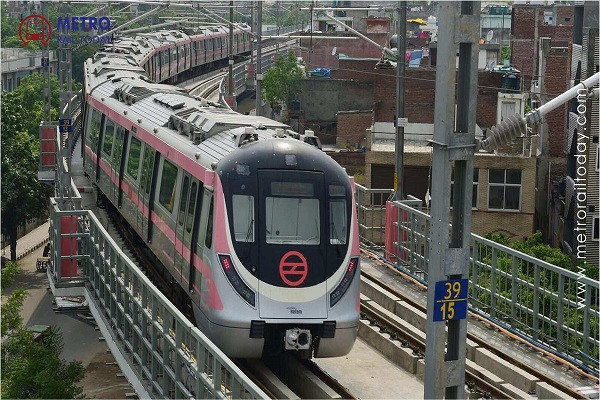 Vossloh Cogifer bags Track Infrastructure Contract for Delhi Metro Phase 4 Corridors
Vossloh Cogifer bags Track Infrastructure Contract for Delhi Metro Phase 4 Corridors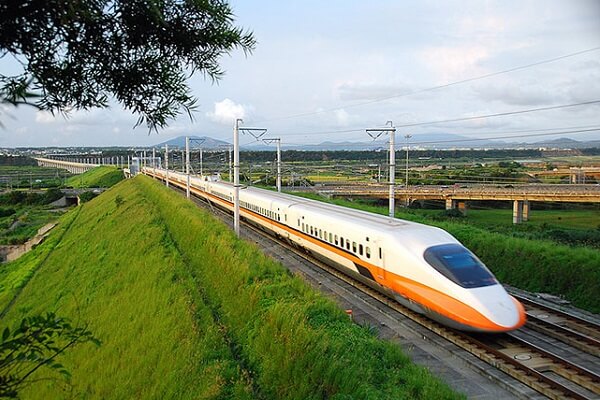 Railway finalised revised alignment for ₹16,000-crore Pune–Nashik Semi High-Speed Rail Corridor
Railway finalised revised alignment for ₹16,000-crore Pune–Nashik Semi High-Speed Rail Corridor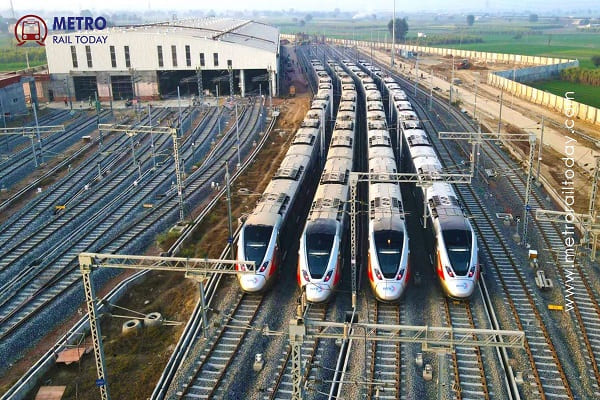 India’s First High-Speed, Signalling-Integrated CMV launched for Namo Bharat RRTS Corridor
India’s First High-Speed, Signalling-Integrated CMV launched for Namo Bharat RRTS Corridor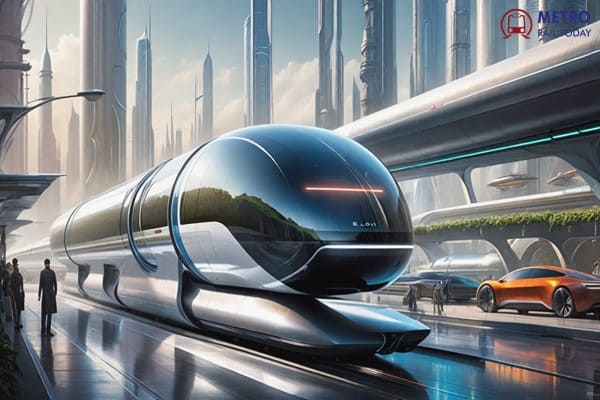 TuTr Hyperloop secures First-Ever Order from Deendayal Port Authority
TuTr Hyperloop secures First-Ever Order from Deendayal Port Authority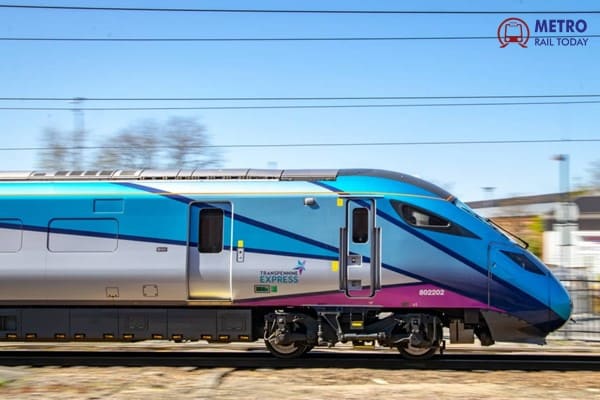 BEML bags ₹157 Crore Order from Loram Rail for Switch Rail Grinding Machines
BEML bags ₹157 Crore Order from Loram Rail for Switch Rail Grinding Machines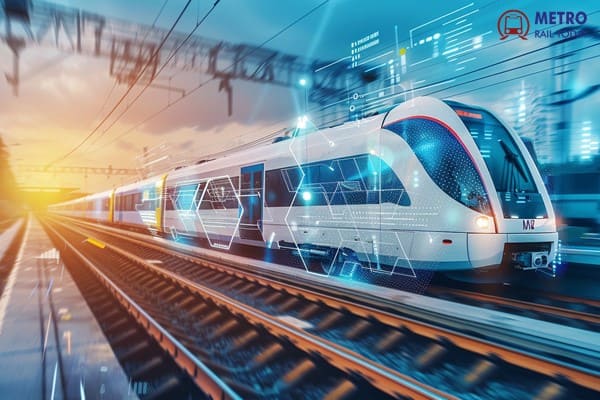 MxV Rail and KRRI forge Global Research Alliance to accelerate Next-Generation Rail Technologies
MxV Rail and KRRI forge Global Research Alliance to accelerate Next-Generation Rail Technologies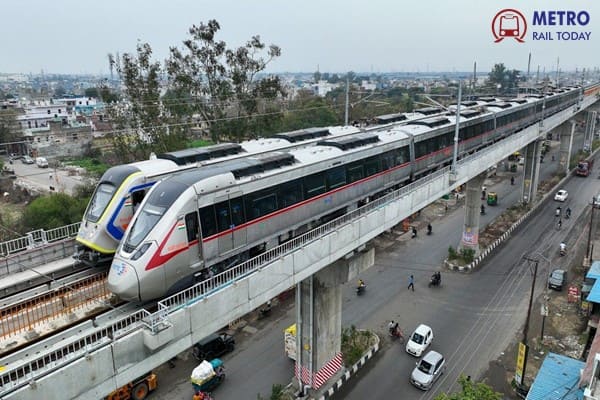 Uttarakhand seeks Pre-Feasibility Study for Meerut-Haridwar-Rishikesh RRTS Corridor
Uttarakhand seeks Pre-Feasibility Study for Meerut-Haridwar-Rishikesh RRTS Corridor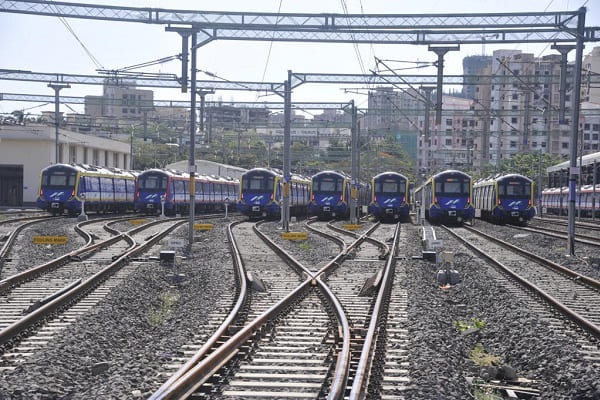 RIFTEK achieves major milestones in partnership with Indian Metro Rail Systems
RIFTEK achieves major milestones in partnership with Indian Metro Rail Systems Egypt all set to launch Alexandria Metro Phase 1 by 2026
Egypt all set to launch Alexandria Metro Phase 1 by 2026
Bhopal Metro Phase 1 Cost Escalates to ₹10,033 Crore — 43% Higher Than Original Estimate
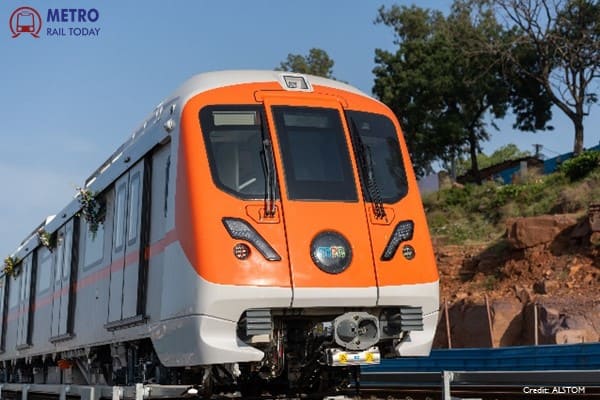
Bhopal, India (Metro Rail Today): The ambitious Bhopal Metro Phase-I project, envisioned to transform the city’s public transport landscape, has seen a dramatic cost escalation — from ₹6,941 crore to ₹10,033 crore, marking a 43% surge since its original estimate in 2017–18.
This means the project’s cost per kilometre has ballooned from ₹249 crore/km to ₹371.6 crore/km, pushing the total budget into a league comparable with India’s most expensive metro systems. Experts say this escalation now equals the combined cost of developing 10 new Bus Rapid Transit (BRTS) corridors in the city.
When first proposed, Bhopal Metro Phase-I was designed as a 27.9 km network with two major corridors, connecting AIIMS, Subhash Nagar, Rani Kamlapati Railway Station, and key business zones.
However, project delays, inflation in steel and cement prices, increased GST and labour costs, and multiple design revisions have inflated the overall expenditure by over ₹3,000 crore.
“A decade-long delay in metro execution typically doubles costs,” said an urban transport consultant. “Bhopal Metro’s 43% rise is actually moderate when compared with similar projects in other states.”
For context, construction of elevated metro corridors in India now typically ranges between ₹250 crore and ₹400 crore per km, while underground stretches can go beyond ₹600 crore/km.
The Cost of Delay: Equivalent to Ten BRTS Corridors
The magnitude of the escalation becomes clearer when compared with the cost of the city’s Bus Rapid Transit System (BRTS).
The 26 km BRTS line from Bairagarh to Misrod was completed at just ₹350 crore. In contrast, the cost overrun of just three kilometres of Bhopal Metro construction equals the entire BRTS project cost.
According to experts, if the current trend continues, the two planned Bhopal Metro routes could eventually cost ₹13,000–16,000 crore, representing a 90–140% jump from the original projections.
Why the Project Still Matters
Despite the financial challenges, the Bhopal Metro remains a crucial urban mobility investment. Once fully operational, it will significantly reduce travel time, ease congestion along the city’s busiest corridors, and cut vehicular pollution.
Officials from the Madhya Pradesh Metro Rail Corporation (MPMRCL) confirmed that civil and systems works on the 6.2 km priority corridor between Subhash Nagar Depot and AIIMS Saket Nagar are nearly complete, with commercial operations expected to begin in early 2026.
“The Bhopal Metro’s cost escalation underlines a broader challenge in India’s urban infrastructure ecosystem — the high price of delay,” said Mrs. Mamta Shah, MD & CEO of Urban Infra Group. “However, we must also recognize the long-term social and environmental dividends of such projects. Metro systems are capital-intensive, but they redefine city mobility, attract investment, and enhance liveability. The focus now should be on timely execution and cost control to maximize value for citizens.”
With the Indore Metro already operational on its priority corridor and Bhopal gearing up for its debut run, Madhya Pradesh is inching closer to establishing a twin-metro ecosystem.
The challenge for state authorities now lies in balancing fiscal prudence with execution speed — ensuring that India’s urban mobility dream does not derail under the weight of spiralling costs.




